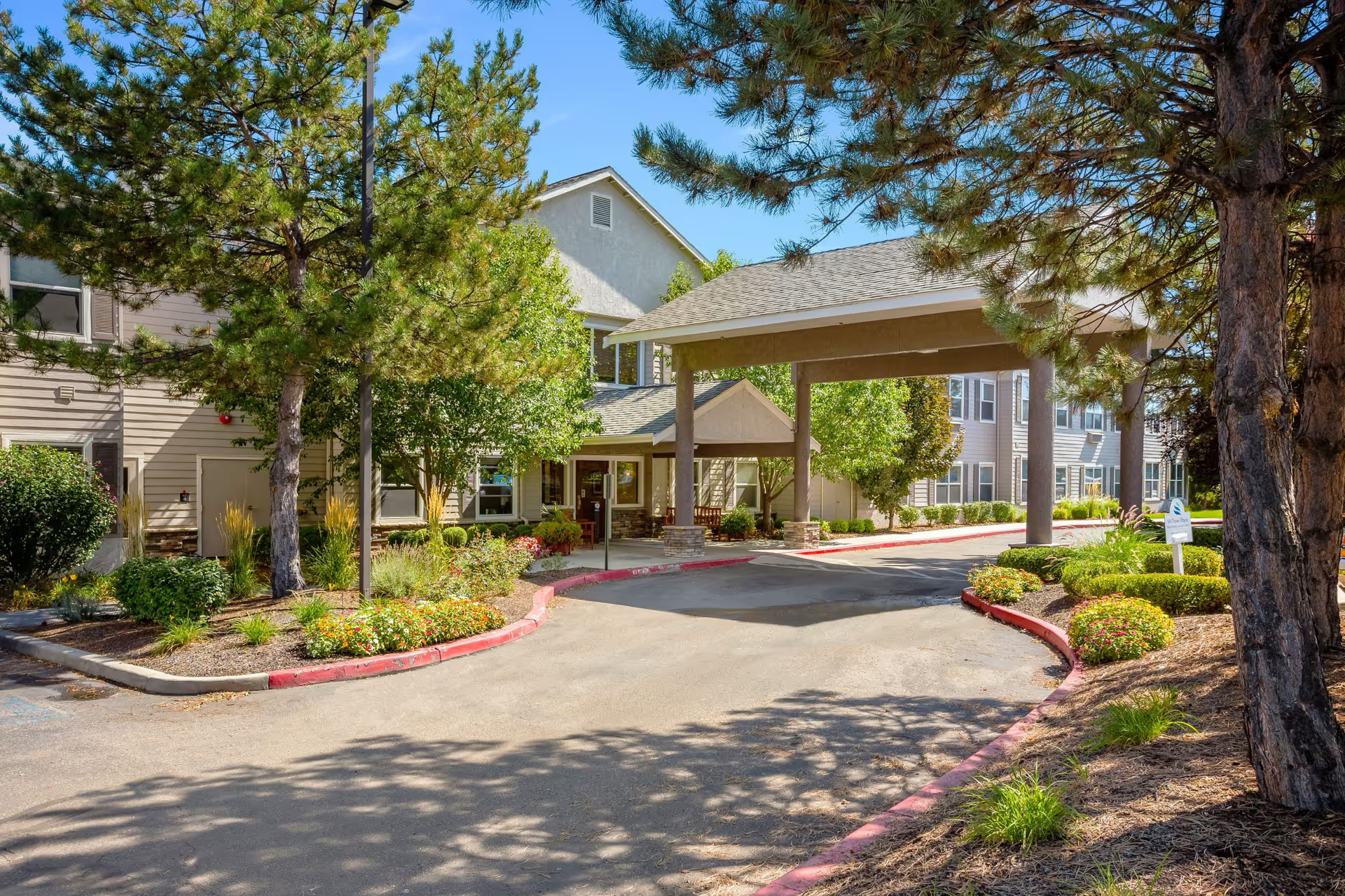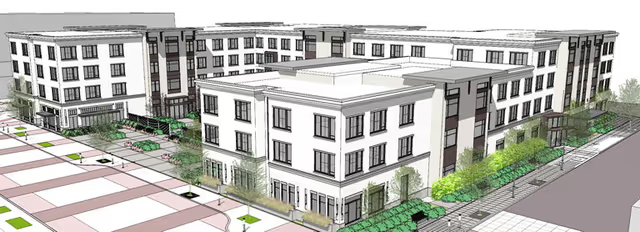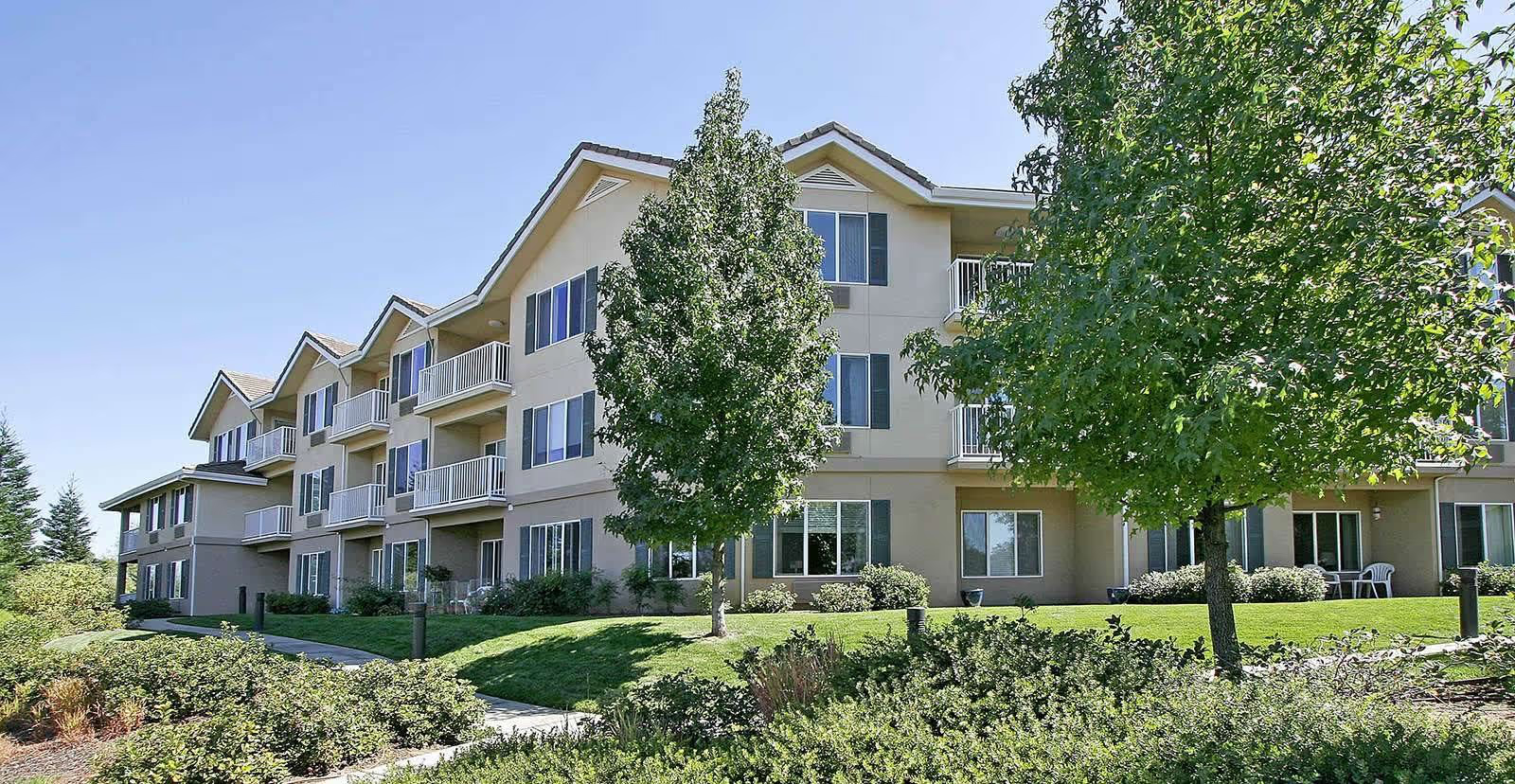Overall impression: The reviews present a clear mix of strongly positive and strongly negative experiences, producing a polarized overall sentiment. A sizable number of reviewers describe Ashley Manor Memory Care as a warm, home-like place with compassionate staff who treat residents with dignity and provide excellent hands-on care, including attentive end-of-life support. At the same time, several reviews raise serious administrative, communication, and move-in concerns that significantly affected families’ experiences and, in at least some cases, resident well-being.
Care quality: Many families explicitly praise the caregiving—staff are described as caring, patient, and attentive. Reviewers say residents are made to feel safe and respected, and some families express gratitude for compassionate, empathetic care during difficult times, including final days. Multiple comments indicate that staff take time with residents and that outside-service partnerships are used when appropriate. However, there are also concrete reports of care lapses: at least one reviewer said their mother did not receive needed assistance with medication and bedtime, a critical shortcoming for memory-care residents. These conflicting reports suggest generally strong hands-on caregiving for many residents but an uneven execution that can lead to significant problems when lapses occur.
Staff and communication: Staff receive frequent praise for friendliness, competence, and the ability to involve families in care decisions—one review even names a staff member (Maria at the Middleton facility) as an example of exceptional service. Conversely, other reviewers report unhelpful staff and poor communication from administration, citing inconsistent information and changing requirements. There are contrasting statements about communication quality—some families describe "excellent communication," while others experienced unmet promises and unresponsiveness. This pattern indicates variability across staff or shifts, and suggests prospective families should verify communication practices and point-of-contact clarity before committing.
Facilities, atmosphere, and family involvement: The physical environment and culture are often described as clean and home-like, with staff welcoming family input. Families who were satisfied consistently emphasize trust and feeling that their loved one was "in good hands." Partnerships with outside services and the facility's approach to dignity and comfort are recurring positives. On the downside, visitors noted that restrictions (likely pandemic-related) prevented some family access and contact, which was distressing for those who could not visit.
Administrative, move-in, and financial concerns: Several reviews raise worrisome and specific administrative issues. Reported problems include high-pressure enrollment tactics, promises to help with insurance and paperwork that were not kept, undisclosed deposits or payment demands, and shifting entry requirements or inconsistent onboarding information. One particularly alarming account described an empty and unprepared room on arrival. These items point to shortcomings in admissions processes, transparency around fees, and operational consistency—areas that can materially impact a family's experience and should be probed during tours and contract negotiations.
Notable patterns and takeaways: The dominant theme is inconsistency—many reviewers experienced exemplary, compassionate care, while others encountered serious administrative and care-delivery failures. Prospective families should weigh both sets of feedback: visit multiple times, ask for written documentation of fees and responsibilities, confirm medication and bedtime care protocols, request references from current families, and clarify the single point of contact for communication. If move-in timing or insurance assistance is critical, demand explicit commitments in writing. Finally, because visitor restrictions were mentioned, ask about current visitation policies and how the facility supports family contact during restricted periods.
Conclusion: Ashley Manor Memory Care appears capable of delivering loving, respectful, and high-quality memory-care for many residents, supported by caring staff and a homelike environment. At the same time, the facility shows problematic variability in administrative transparency, enrollment practices, and occasionally in basic care follow-through. The experience a family will have seems to depend heavily on timing, staff on duty, and how administrative matters are handled. Due diligence—focused questions, written agreements, and direct references—will be important for anyone considering this facility.







